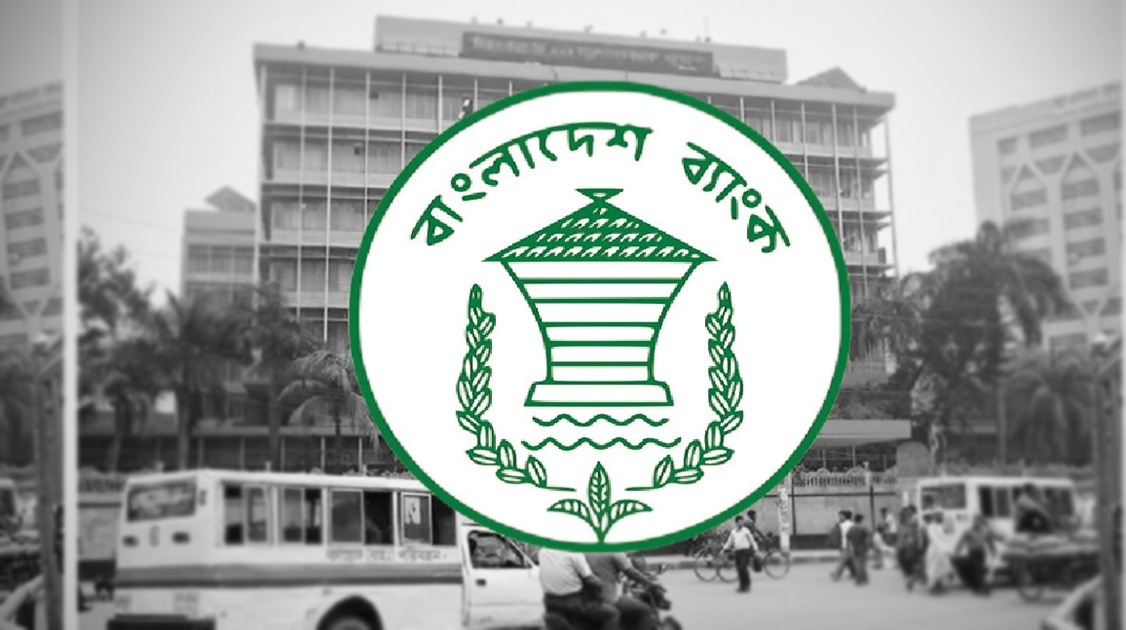Bangladesh Bank’s monetary policy for the first six months of the current 2020-21 fiscal will be an expansionary strategy to help recover the corona-hit economy by expanding private sector credit and creating new jobs, economists have said.
Bangladesh Bank (BB) Governor Fazle Kabir is scheduled to unveil the Monetary Policy Statement virtually on July 28.
Eminent economists said the central bank’s latest policy statement is likely to make a greater push for resilient, green and inclusive recovery of the economy through strategies to control food inflation amid the coronavirus pandemic and the flood.
Bangladesh Bank has continued discussion with former governors and economists to formulate the new policy. Another meeting is scheduled to be held next week before the unveiling of the policy, a BB official informed the Daily Sun.
Former BB Governor Dr Atiur Rahman said the upcoming monetary policy has to be accommodating as well as consolidating the expansionary moves already taken by the central bank. “These are particularly required in the context of the worsening flood situation in addition to the global pandemic affecting the economy.”
“The changes made in repo rate, CRR and refinancing facilities embedded into the various stimulus packages have been moves in the right direction. The central bank may now think about reducing reverse repo rate and buying more aggressively the government bonds from the market to further reduce the yield so that the banks are motivated to provide credit to the private sector,” Prof Atiur, also Bangabandhu Chair at Dhaka University, told the Daily Sun.
Prof Atiur further mentioned that the central bank should also announce the launch of a robust credit guarantee scheme with well-articulated risk-sharing mechanism between the bank and the government or Bangladesh Bank or both to drive the banks and financial institutions to provide more credit to the MSMEs as stipulated in the stimulus packages already announced by the government.
According to the eminent economist, the monetary policy has to be ‘out of box’ with the commitment for providing more loans to the government by expanding its own balance sheet and as well as help collect more foreign exchange by selling more paperless treasury and other bonds to wealthy NRBs through digital transactions.
“It should also encourage the government to embark on more aggressive economic diplomacy to get more external emergency and also budget support from the international financing institutions.
In fact, the government has already been quite active in this front and should now be encouraged to get more money from international development partners like JICA, DFID, EU and other bilateral agencies,” he added.
He further mentioned that the monetary policy needs not to be too worried about rising inflation as the economy is still much below the full capacity and the import prices are also lower. “The food production has been more than robust even though the ongoing flood can have some adverse impact on the supply side,” he added.
Prof Atiur also recommended for making partnerships with microfinance institutions to make early disbursement of stimulus packages among micro, small and medium enterprises avoiding formality conventional banks.
Policy Research Institute (PRI) executive director Ahsan H Mansur expects ‘an expansionary’ policy to overcome challenges in the economy amid corona pandemic.
“The monetary policy should be expansionary and Bangladesh Bank should widen the balance sheet to expand credit support to the private sector. In the context of the pandemic, the non-food inflation including house rent, transport remained sustainable.
However, the recent flash flood raised concerns for food inflation. The production of rice (Aus) is totally damaged. So the monetary policy may inspire import of rice from neighbouring countries like India,” Dr Ahsan H Mansur, chairperson of Brac Bank, told the Daily Sun.
Regarding finance to SME and agriculture, he recommended for making independent evaluation to ensure credit disbursement to ‘real farmer and entrepreneurs.
Monetary policy has a significant part in maintaining money flow through the capital market. Supporting the recent reform in the capital market, Dr Ahsan further said the new management has the capacity to bring ‘positive change’ in the market and they have to give time to exercise knowledge independently. Monetary policy is a central bank strategy to














